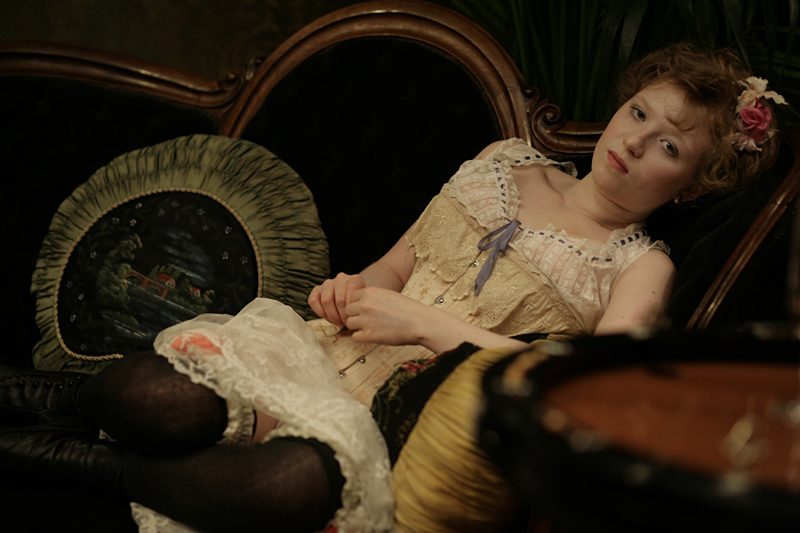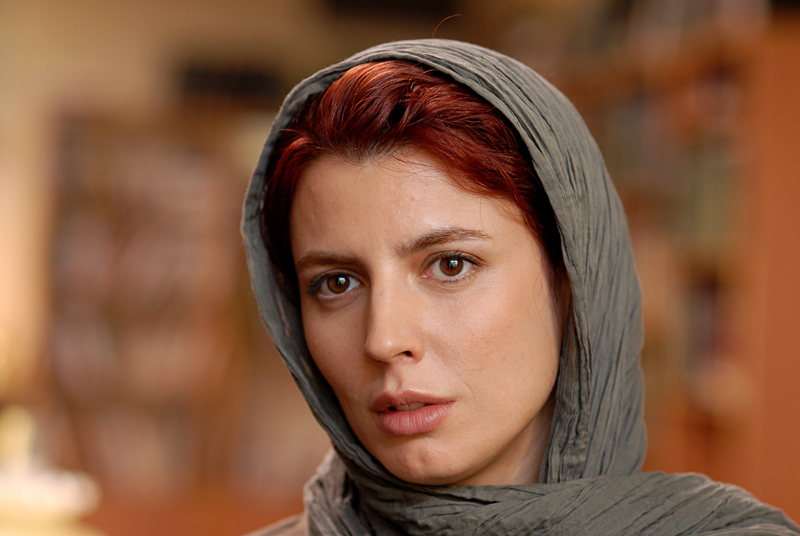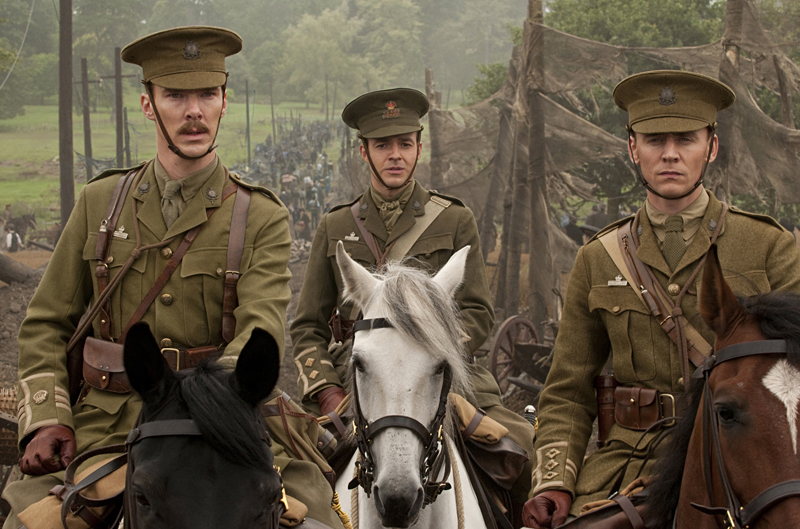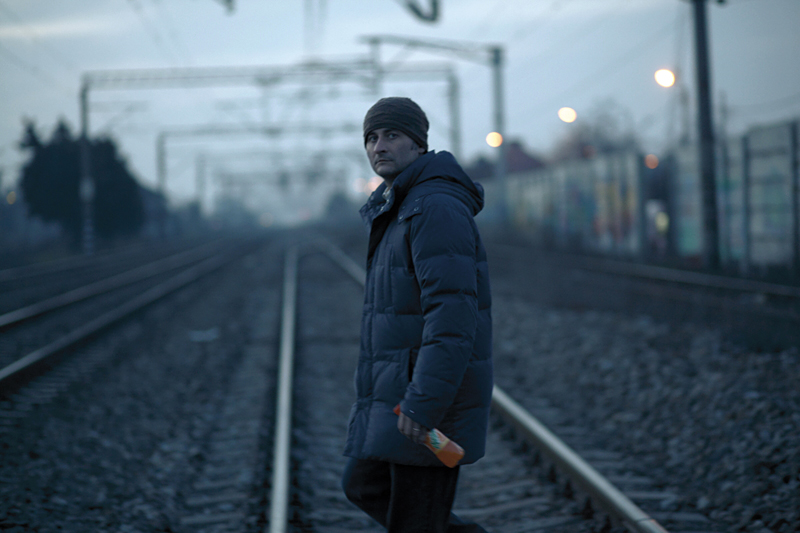The pleasing circularity of Gus Van Sant’s masterful Paranoid Park is not only a function of the film’s narrative structure but reflects the arc of its maker’s career. Few directors have revisited their earliest concerns with such vigor.
Van Sant’s debut, the 1985 Mala Noche, was a moody drizzle of images evoking the manager of a Portland skid-row convenience store’s hopeless infatuation with a Mexican street kid. That $25,000 cheapster was followed by wary engagement with the mainstream in the form of star vehicles, feel-good Oscar fodder, and literary adaptations, as well as a perverse shot-by-shot remake of Psycho. Ultimately and unexpectedly, Van Sant returned to the Pacific Northwest and minimalist low-budget filmmaking; the lyrical yet gritty Paranoid Park cashes the check that Mala Noche wrote.
Paranoid Park is adapted, with reasonable fidelity, from Blake Nelson’s young-adult novel. But, in telling the tale of a Portland skater kid involved in the accidental death of a railroad bull, Van Sant comes close to inventing his own film language. The chronology is shuffled and the narrative dealt out as a succession of subjective impressions. Paranoid Park is both loose and structured, fluidly shot in 35 mm, Super 8, and videotape by Chris Doyle and suavely jagged in its editing. There are passages that approach pure cinema, though never abstraction, grounded as the action is in Leslie Shatz’s layered sound design.
High school is a terrain of infinite interest to Van Sant, and, in a sense, Paranoid Park is a companion piece to his Columbine-inspired Elephant. The institutional corridors are automatically haunted. In its sensuous appreciation of a particular subculture, however, Paranoid Park also echoes aspects of Kenneth Anger’s underground mix of Brooklyn bikers and Brill Building anthems, Scorpio Rising. Van Sant’s skateboarders are shot as though participating in the Olympics: Beautiful young boys twist and hurtle through space in fetishizing slow motion, defying gravity before they drop careening into the concrete amphitheater (a squatters’ arena beneath a bridge) that gives the movie its name—as well as suggesting its hero’s mind-set.
Mala Noche was a movie about unrequited passion; Paranoid Park communicates a comparable obsession. Van Sant is not the only one fascinated by the denizens of Paranoid Park; so is his hero, Alex (Gabe Nevins), a hulking yet delicate high-school junior with the clear, grave gaze of a Renaissance princeling (albeit one found by Van Sant—as were most of the teenage nonprofessional actors here—on MySpace). And Van Sant is also obsessed with Alex, who is pure freshness of youth—navigating his adolescent vicissitudes with an affect that seems alternately present and totally dissociated. The movie’s key scene has Alex venturing alone to Paranoid Park. In the Nelson book, he finds himself hanging out with a group of “street punks”; in the movie, it’s more like he’s been picked up. In both, Alex’s musing that he wished he had more feelings for his almost-girlfriend Jennifer segues into his leaving Paranoid Park with an older, vaguely dangerous guy named Scratch, who is going to show him how to hop a freight train. Alex will spend much of the movie trying to articulate what it was that happened next, but it does involve seeing a man sliced in half.
As the TV news intrudes on the film, it also breaks into Alex’s consciousness and ours—just as Alex’s kid brother does with a breathless account of a scene from the teenage comedy Napoleon Dynamite. There’s more inner life here than in Elephant. Nevins, whose line readings imbue the action with a sense of sluggish panic, is most eloquent in his hesitations, and Van Sant’s rapport with his cast is easier. A few long takes in which a friendly cop interrogates a roomful of skater kids yield a maximal amount of improvisation. More discreet, the sequence in which the virginal Jennifer (Gossip Girl‘s Taylor Momsen) seduces the less-than-interested Alex is a matter of mega close-ups and shallow focus. “We’re gonna need some more condoms,” she exclaims in the afterglow. A high-school cheerleader, she can barely wait to rush into the bathroom and cell-phone her friends: “Ya-ah, we totally did it! Omigod, it was fantastic!” (The dialogue is from the novel.)
Alex finds himself drawn to another girl, less conventionally pretty but considerably smarter than Jennifer. “Figure it out, dude,” she tells him—referring to the war in Iraq, but really addressing the mystery at the movie’s heart. What’s truly uncanny about Paranoid Park isn’t so much the nature of the trauma that Alex suffers but the way his world is made to shimmer with adolescent magic. He may be lost, but Paranoid Park is wonderfully lucid: It makes confusion something tangible and heartbreak the most natural thing in life.








